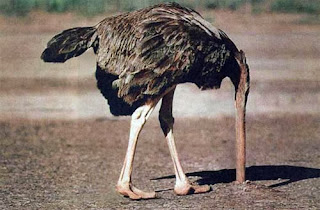Modern corporate culture
 Banks or financial service companies analyze the companies’ performance. For the writing of “the analyst reports” normally young people, freshly out of the school, are used. The report which mostly does not make any significant sense is then solely used by management as a base to steer the staff and processes the way they always wished but were ‘afraid’ to do. So we begin to work to live rather than live to work.
Banks or financial service companies analyze the companies’ performance. For the writing of “the analyst reports” normally young people, freshly out of the school, are used. The report which mostly does not make any significant sense is then solely used by management as a base to steer the staff and processes the way they always wished but were ‘afraid’ to do. So we begin to work to live rather than live to work.I might also say that in companies “a terrible job” is done when screening and matching people to tasks. Thousands of low level employees are hired but not empowered to actually change anything even in their own field of expertise for which they were hired. Their work is just to do the job (execute higher level decisions). Companies do not dispose of a long term plan to keep best people engaged; they don’t reward them for exceptional actions. No incentive is provided to those that are willing to be innovative. The incentive, if at all, is meant for those that do fewer errors and are willing to compel to the system. The employees are not empowered to solve problems. They are required to rather avoid them (by punished errors). Thusly, companies create a symptom of “someone else's problem”, certainly not my problem, not my responsibility.
In the companies that are not just managed but being lead by true leaders the employees come first and are encouraged to stand up and do it differently.








